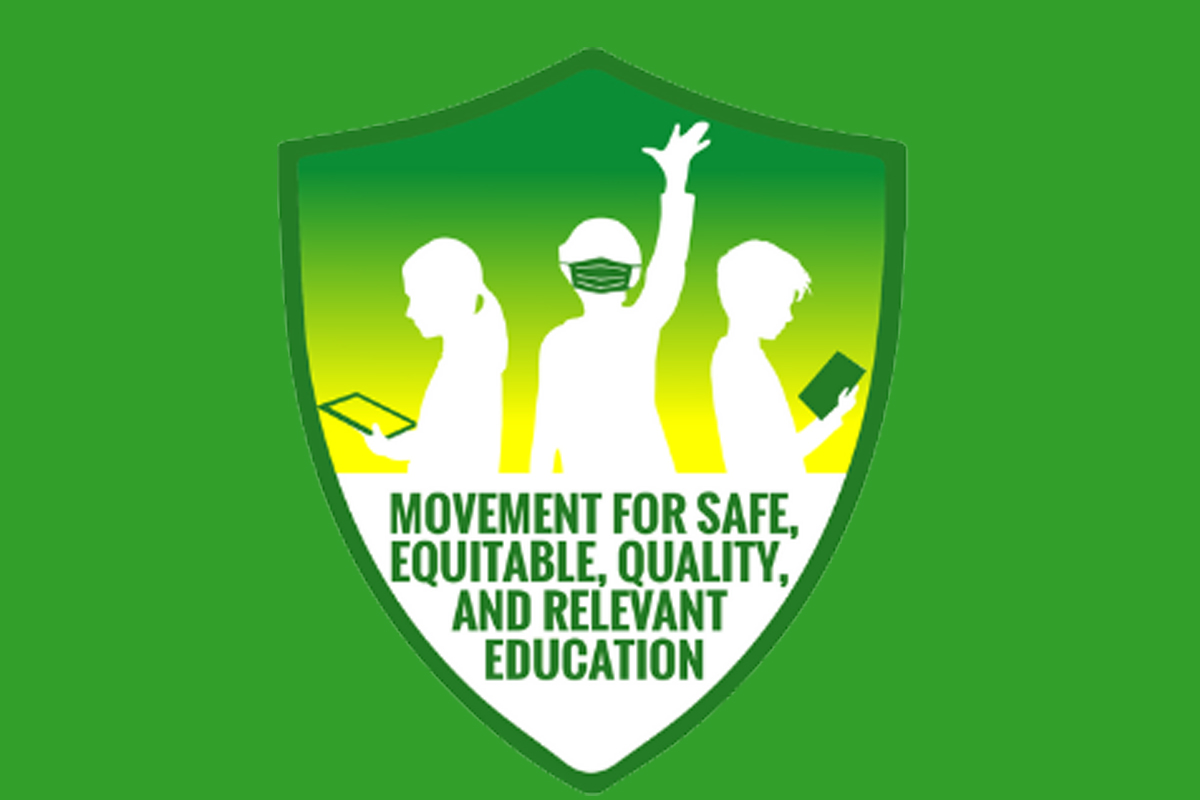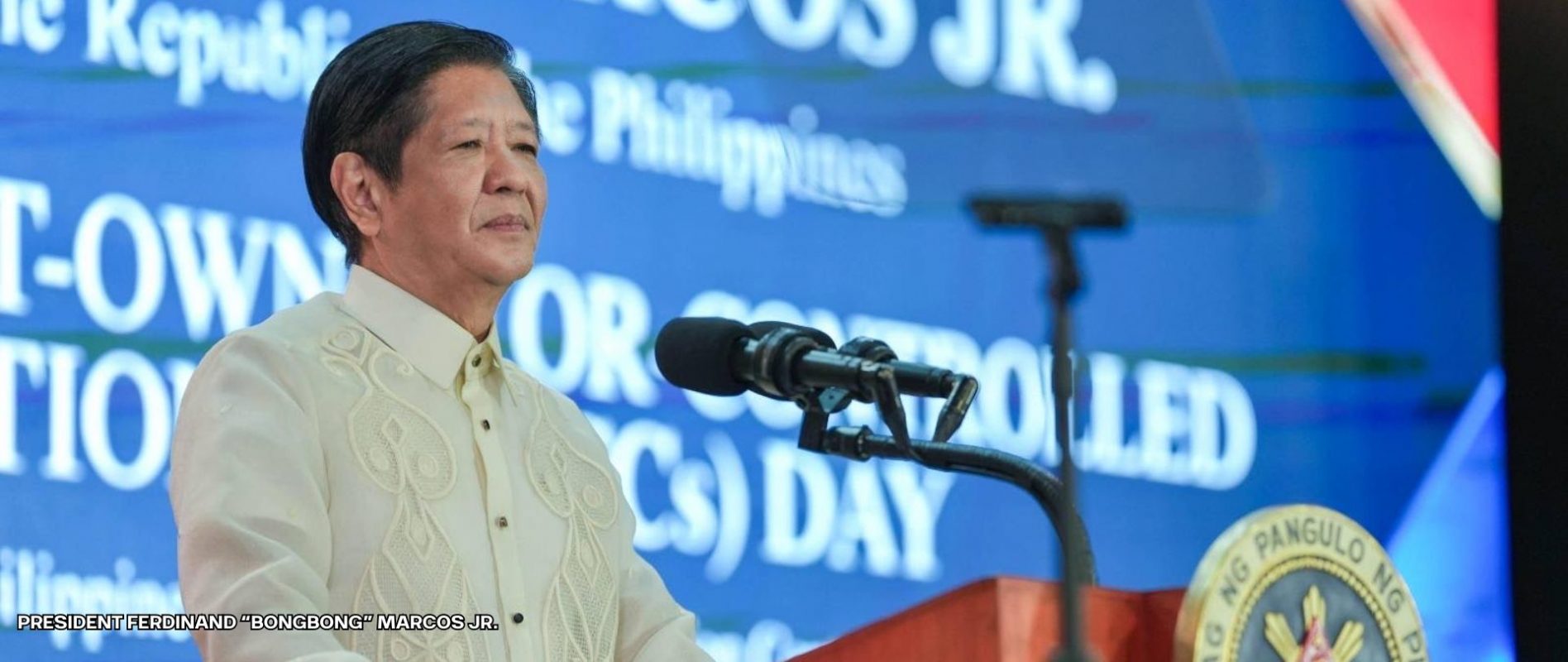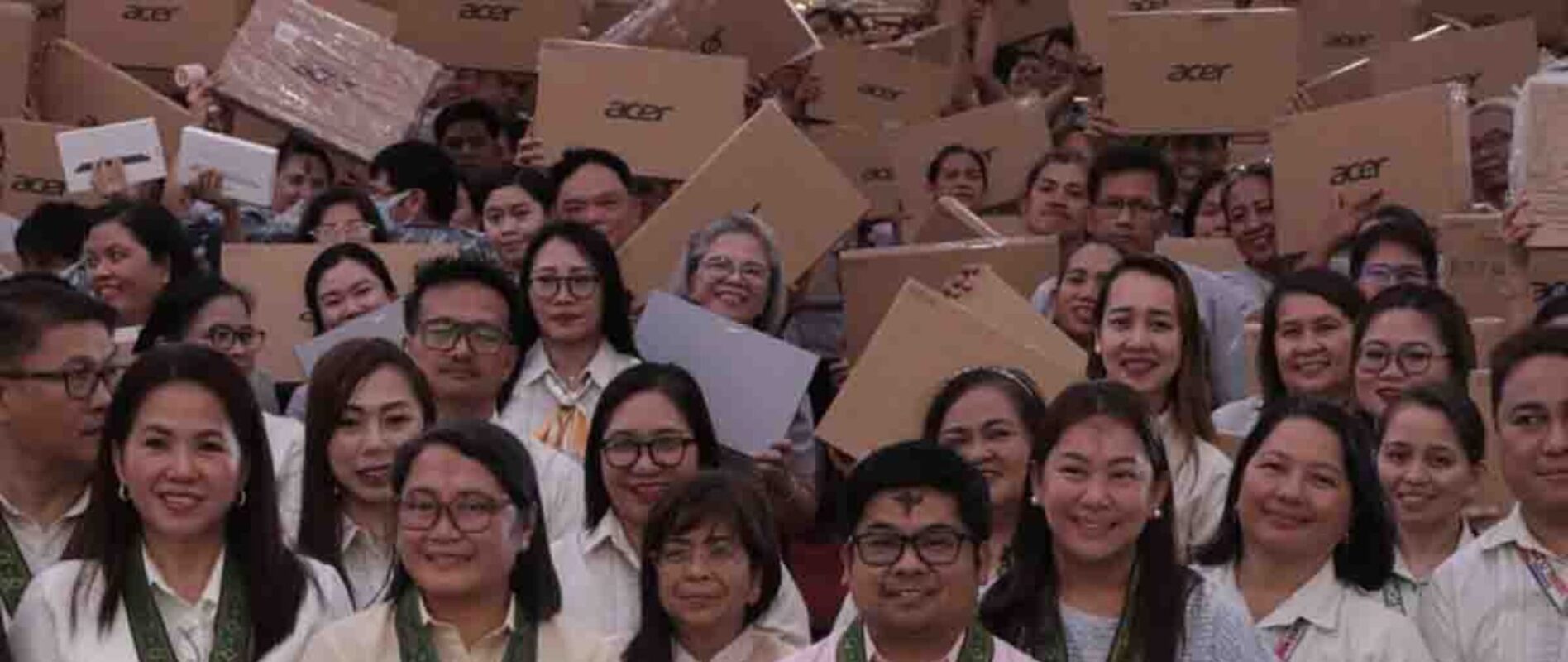GROUP PRODS DEPED: EXPAND SAFE SCHOOL REOPENING
THE MOVEMENT for Safe, Equitable Quality and Relevant Education Movement urged the government and education authorities to expand and hasten safe school reopening in the country.
The group said that important interventions are needed to help learners as only a limited number of schools have reopened.
SEQuRe expressed deep concern over the World Bank March 2021 findings that learning poverty has worsened. The report said that 9 out of 10 Filipino children are unable to read and understand a simple text.
“Our dire situation needs bolder, more comprehensive and cohesive institutional solutions to learning poverty. It demands greater state subsidy to education. Everyday that learners are unable to safely return to schools, the poverty further deepens,” it said.
“With the very late decision for the pilot run, and at the slow rate the authorities are going in checking and meeting the requirements for safe school reopening, it is apparent that we still have an excruciatingly long way to go before we can see the majority of our schools safely reopened to learners,” the group added.
It lamented that the Department of Education and the Department of Health’s Joint Operational Guidelines on the Implementation of Limited Face-to-Face Learning Modality only provided general guidelines on what should be taught and how teaching can be conducted in face-to-face classes.
“At the very start of the pilot run, the DepEd should have come up with a more concrete program of assessing the learning levels of participating students to accurately gauge the learning loss brought about by being out of school for about two years. It should then roll out a more grounded and focused guide on what to teach learners per grade level and learning area. Among primary grade pupils, reading and comprehension should be at the top of the list. Reading sessions should be conducted extensively, reading materials with simple instructions should be made available widely,” it said.
“Reading tutors can be deployed to communities to organize small reading sessions, with ample observance of minimum health standards. The DepEd’s Learning Support Aide program did not address this need as too few LSAs were employed and were more engaged in printing, distribution, and retrieval of modules than in providing direct learning intervention. The Brigada Pagbasa program, which relied heavily on private sector support, while it had many good practices, still has very limited reach,” the group added.














